Description
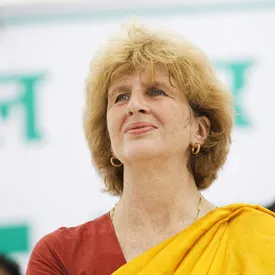
Speaker: Jill Carr-Harris
Jill hails from Toronto Canada. She first came to India with the United Nations Development Program in 1985. Fascinated by international development, Jill lived and worked in the Philippines, Nepal, Bangladesh and India. Jill founded two civil society organizations in India: South-South Solidarity in 1986, and the Jai Jagat International in 2015. In both these organizations she combined education, women’s issues, and international development.
Jill received her PhD in education from the University of Toronto. Instead of taking up a position as a research scholar, Jill focused on training of marginalized communities especially women; as well as with youth on peace and justice issues. In 2007 Jill helped to establish the International Gandhi Institute for Nonviolence and Peace (IGINP) in Madurai, Tamilnadu and in 2017 supported the establishment of its sister organization – IGINP Canada. In 2019-2020, Jill helped to lead a cross-continental peace walk of fifty
persons from New Delhi to Geneva just before the onset of the Corona pandemic.
Find inspiration from the comfort of your own space:
-
~50 mins of lecture material
-
professional speaker and captivating presentation
-
easy to follow: no previous knowledge needed
-
unlimited access: pause and continue anytime

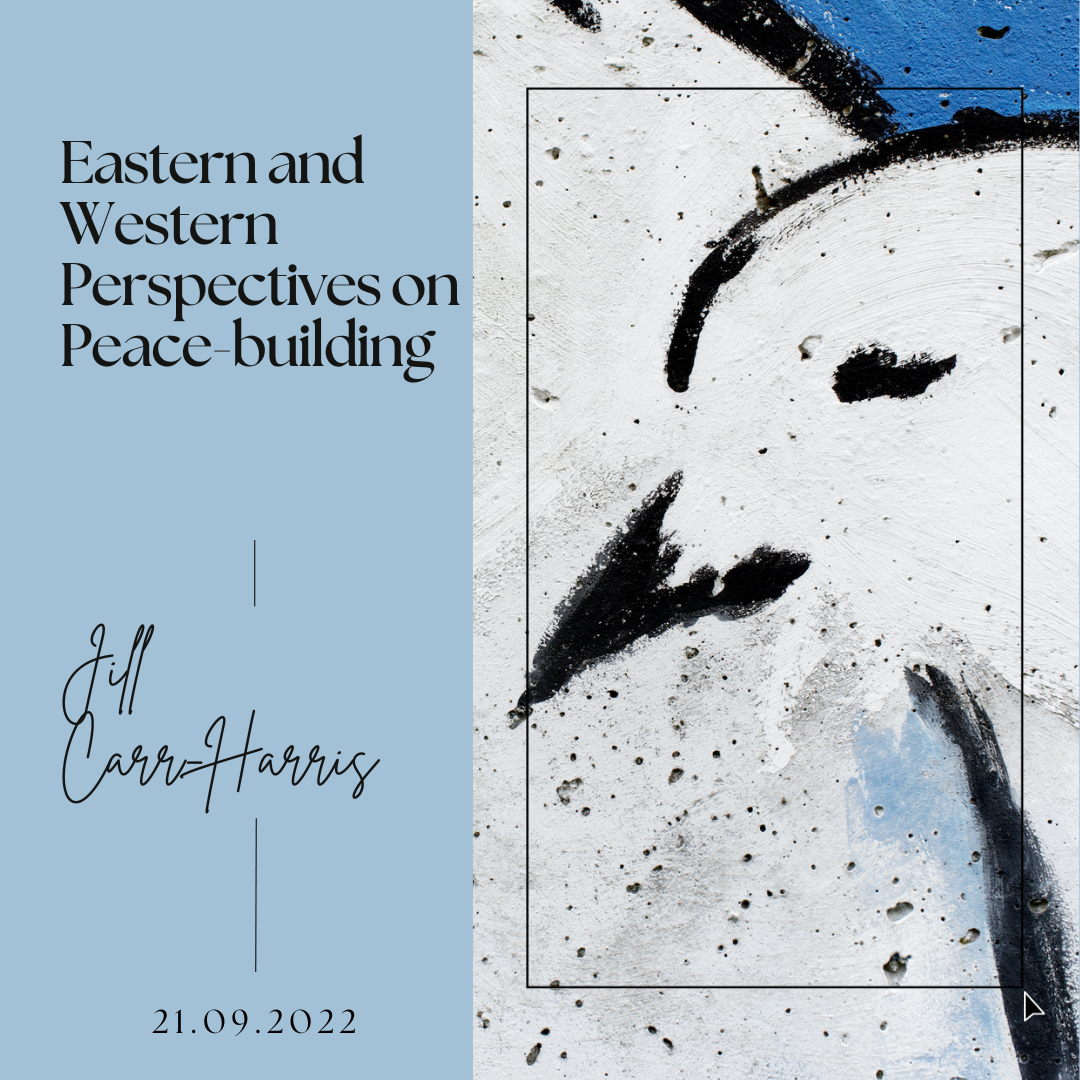
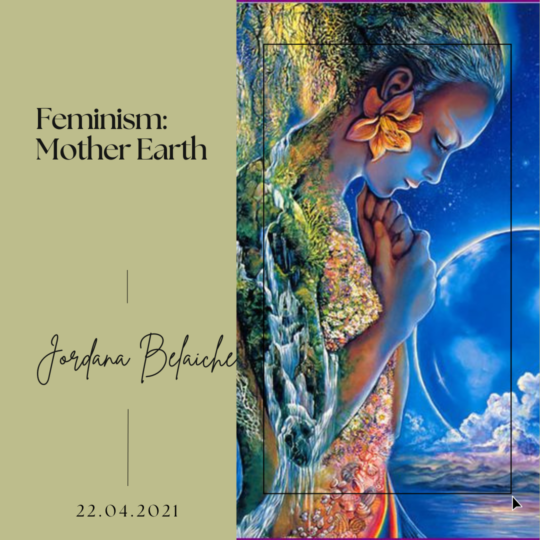
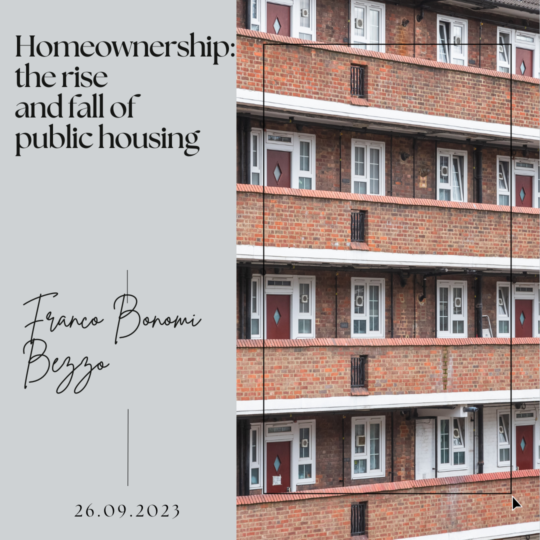
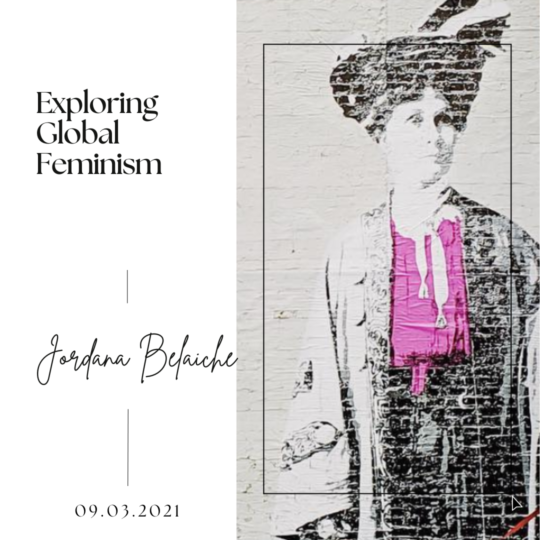
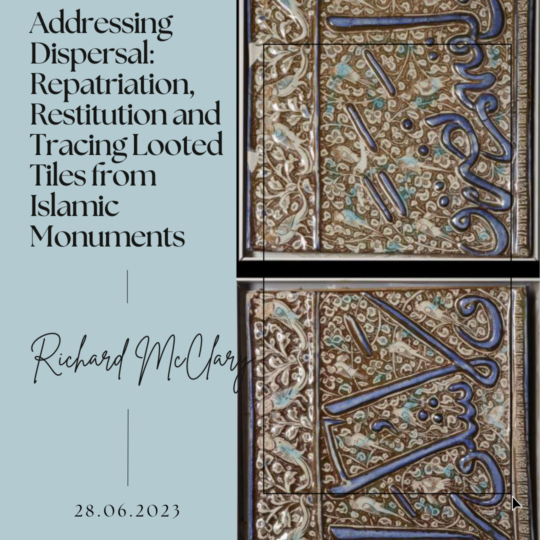
Reviews
There are no reviews yet.